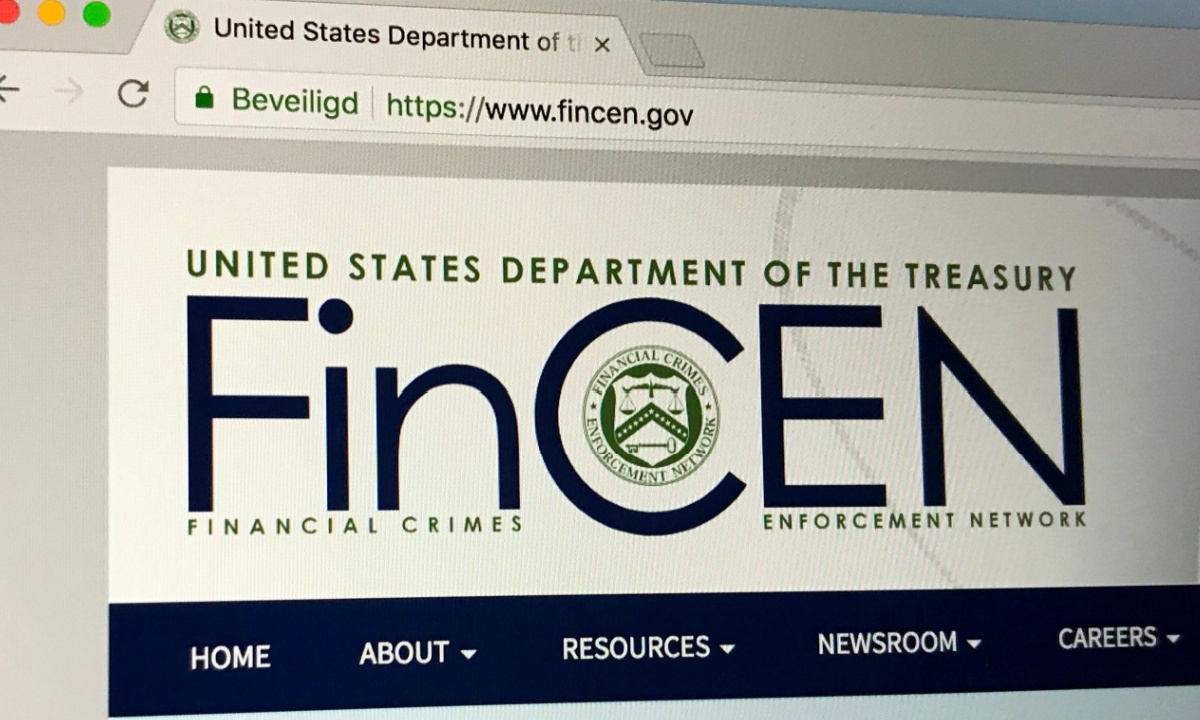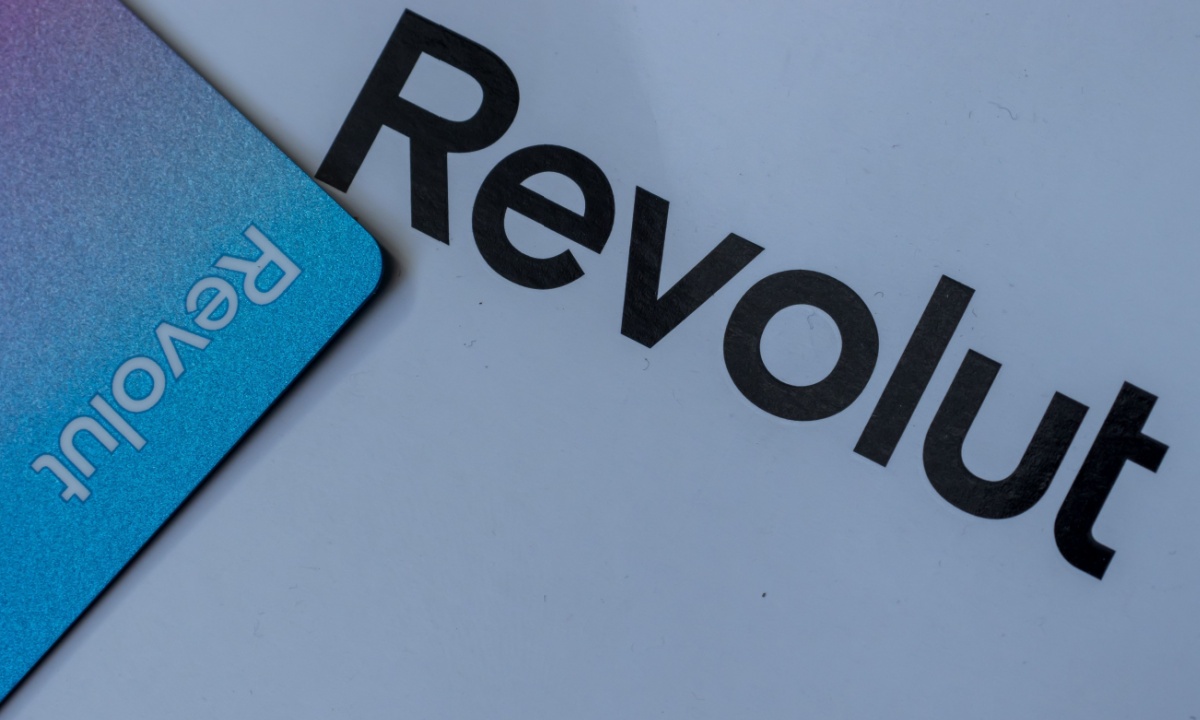Sports gambling has DraftKings. Political junkies have PredictIt. And now the world’s nerdiest corner — the artificial intelligence (AI) scene — has its own set of bettors, where people wager actual money on whether Google’s Gemini will dunk on OpenAI’s GPT-5 this month.
Forget fantasy football, this is fantasy machine learning.
People are placing their bets on markets like Kalshi, where they can trade on the outcome of real-world events, everything from when Taylor Swift and Travis Kelce will wed to whether Google will break up and, of course, the AI model race. Kalshi saw 10 times the volume on AI trades compared with the start of the year, according to The Wall Street Journal.
“Kalshi’s markets are extremely efficient and serve as a source of truth on the likelihood of all events, including AI model progress,” Jack Such, a spokesperson for the company, told PYMNTS.
So who’s winning based on the bets?
“Gemini is the current market leader for ‘Best AI’ by the end of 2025,” Such said.
On Kalshi, Gemini shows a 58% probability of winning, compared with 19% for ChatGPT, as of midmorning on Thursday (Aug. 28). The third spot goes to Grok, at 17%. Claude, which Menlo Ventures said was the enterprise favorite, clocks in at 2% and tied with Meta’s Llama.
The total trading volume reached $8.1 million.
Kalshi is just one of several platforms that are pivoting to AI trading.
Other players include Polymarket, an offshore crypto-based prediction market, Manifold Markets, Metaculus and other sites.
Which AI model is winning globally? The AI community abroad agrees with the Americans. Polymarket, which is only available to non-Americans, predicts that Google will win by year’s end, at 66% odds. OpenAI comes in at 16% probability while xAI is third with 14%.
See also: Crypto Firms Grapple with Bank-Like Risks, Without the Regulation
Betting on Anything in the World
How Kalshi works: People bet yes or no on outcomes in the real world, such as whether the Fed will cut short-term interest rates by 25 basis points in September (76% probability it will) or who will win the Nobel Peace Prize (Yulia Navalnaya, widow of Russian opposition leader Alexei, is at 20% probability and Donald Trump at 10%).
Bettors buy contracts tied to these outcomes at prices between a penny and 99 cents, settling at $1. For example, if a bettor buys a contract for 40 cents and they guess the outcome correctly, they are paid $1. If they guessed wrong, they lose their 40 cents. Bettors can also sell the contract before there’s an outcome if they see the contract price go up or down.
In a tie, the default would be a negative outcome.
For AI models, results will be determined by the rankings on the LMSYS Chatbot Arena Leaderboard at the end of the year, according to Kalshi.
Currently, the leaderboard shows Gemini 2.5 pro slightly ahead of GPT-5 for first place, followed closely by Claude Opus.
One Kalshi user noticed a tie earlier this month and wrote, “it’s a tight race on LMArena. I don’t understand why the spread is so drastic. Huge earnings for people who bet on GPT with decent odds that it will flip.”
Kalshi began allowing bettors to trade on AI models in 2023. “We were confident in consumer demand for these products because of the rapid growth of AI and the economic and political consequences of model progress,” Such said.
Kalshi said the U.S. Commodity Futures Trading Commission regulates it as a financial exchange for trading futures, swaps and options on commodities.
“Understanding that Kalshi is regulated … helps reassure users that they are engaging with a platform that adheres to the highest standards of operation and accountability,” the company says on its site.
Here’s to hoping the bet will be good.
Read more:
Cross-Border Payments Platform Wise Proposes Moving Stock Market Listing to US
Ripple Prepares to Bring Stablecoin to Global Exchanges
FTX Drops Plans to Resurrect Fallen Crypto Exchange




 Fintech1 month ago
Fintech1 month ago
 Latest Tech News1 month ago
Latest Tech News1 month ago
 Cyber Security1 month ago
Cyber Security1 month ago
 Artificial Intelligence1 month ago
Artificial Intelligence1 month ago
 Latest Tech News1 month ago
Latest Tech News1 month ago
 Cyber Security1 month ago
Cyber Security1 month ago
 Latest Tech News1 month ago
Latest Tech News1 month ago
 Artificial Intelligence1 month ago
Artificial Intelligence1 month ago

















